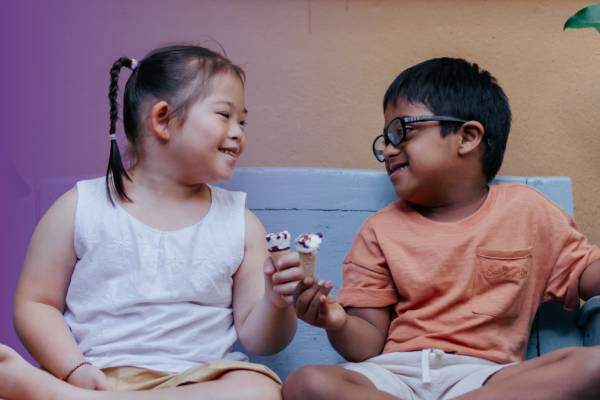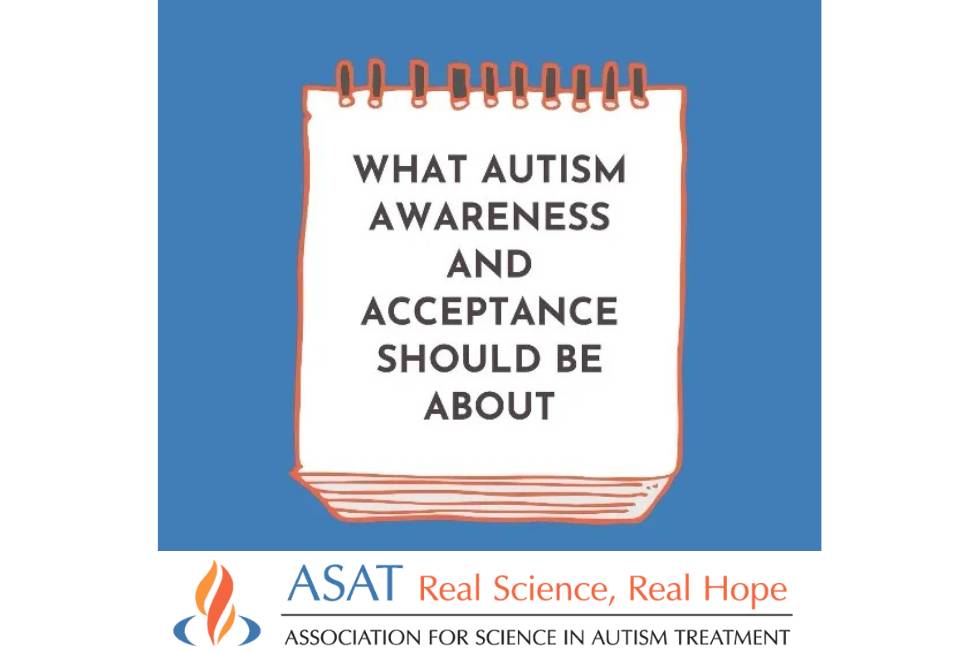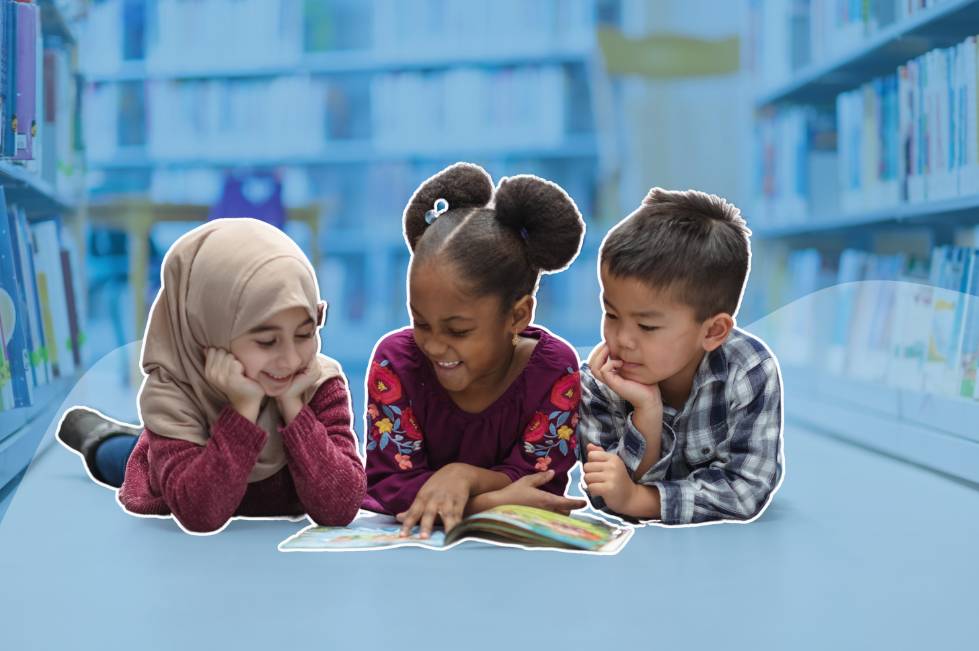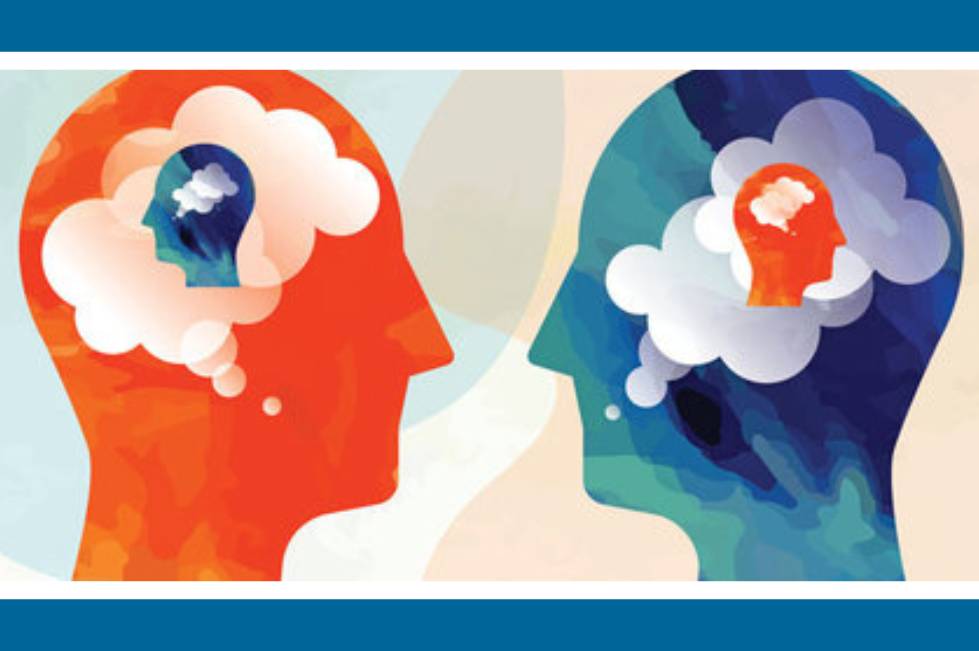START Connecting Articles
The Pyramid Model as a Framework for Early Childhood Practice
This month, we are spotlighting the Pyramid Model and its importance in early childhood programming. If you are new to the model or want to learn more, we are offering a two-hour introductory training on May 8, 2026. To pique your interest, we are sharing a brief overview of the Pyramid Model and their resources.
Introducing the Comprehensive Communication Supports and Strategies (CCSS) Webpage, Resources, and Training
At START, we believe communication is the heart of connection, learning, and belonging. For autistic students and others who cannot rely on speech alone, having access to meaningful, personalized communication supports is essential. To support this goal, we are excited to introduce a new collection of resources for students, educators, school teams, and families
Introducing Learning Bites: Flexible Learning for Every Path
We are excited to introduce Learning Bites or “Bites,” which are short and focused professional learning opportunities that make it easy to grow your knowledge and skills on your own time. The Bites are a mix of videos, handouts, resources, and tools designed to support neuroaffirming and inclusive educational practices.
Transition Planning: Early Childhood Through Adulthood for Autistic Students
Why start transition planning early? The transition from high school to adulthood is a vital process for young autistic adults, and preparing for this transition can begin in early childhood. Focusing on elements of self-determination throughout primary and secondary education can improve preparation for high school, facilitate transition planning, and increase satisfaction in adulthood...
The Classroom Environment and Teaching Assessment (CETA) Updates
The Classroom Environment and Teaching Assessment (CETA) was introduced in 2011 to give teachers and school teams a proactive way to strengthen inclusive classroom practices and help ensure students have access to the least restrictive environment. The goal of the CETA is to create classrooms where all students can be successful, especially those with higher support needs...
A Self-Advocate’s Perspective on Autism, Identity, and the Power of Words
START believes in the power of authentic voices and centering lived experiences to drive meaningful change. This article reflects the perspective of Katie Oswald, an autistic self-advocate, nonprofit leader, and champion for neurodiversity, on how language and society’s role shape identity, dignity, and inclusion.
What Autism Awareness and Acceptance Should Be About
According to Governor Whitmer’s proclamation, it is Autism Acceptance month. Governor Whitmer was quoted in The County Press, “During Autism Acceptance Month, we encourage all Michiganders to learn more about autism, recognize the different strengths individuals with autism have to offer, and support our family, friends, and neighbors with autism. In Michigan, we believe everyone should have the opportunity to chase their dreams and lead rewarding, productive lives.”
Maximizing Engagement in Grade-Level Math for All Students
Research shows that when students are held to high expectations, they make greater progress in learning. In January 2025, the U.S. Department of Education recognized: "Inclusive educational practices rely on learning environments that are intentionally designed to hold high expectations for the success of each student through meaningful access to the general education curriculum and grade-level state academic standards.”
Read more about maximizing engagement in math for all students.
Teaching Toileting Skills to Young Children: Resources for Early Educators and Families
Developing toileting skills is one of the most important milestones for young children as they move toward independence. When a child transitions from diapers to a regular routine of toileting, it reduces time spent on diaper changes and the financial burden of diapers. It also opens up more time for learning and play in early childhood settings and increased opportunities for social and community activities as the child gets older (e.g., day camps, sleepovers).
A Spotlight on Family Resources
Families play an important role in helping children with autism throughout their lives. They often advocate for their child’s needs, such as accessing needed services, academic help, and social opportunities, while also guiding them to self-advocate and learn to have their own voice. When parents and caregivers have credible information and resources, they can better support their child in and out of school and make sure they get the help they need (Szlamka et al., 2024).
Taking Steps to Develop a Coaching Structure: Learning from One District’s Experience
The START Regional Collaborative Networks (RCN) have priorities they work on each year through our partnership. One priority is to establish a Coaching Structure. This structure involves recruiting and training building coaches, as well as offering ongoing professional learning and support to help coaches work closely with building teams and classroom staff.
Writing Your Story with Peer to Peer Resources
Are you ready to join over 600 buildings statewide with a Peer to Peer program, or enhance your existing program with fresh activities? Either way, START has excellent resources to explore! Before you begin, keep this STARTism in mind: START Somewhere and START Now. Each Peer to Peer program has their own unique story that has been written and edited over time, but they all began by taking their first step. We invite you to take that step today!
Partnerships: We Can Do More Together
Partnerships are essential in driving meaningful, systems-level change for autistic and neurodivergent students in Michigan. By bringing together diverse perspectives and resources, partnerships foster collaboration and innovation in a way that allows us to leverage each other’s strengths and achieve goals that would be difficult to accomplish separately.
Learning from the Pandemic: Creative Approaches to Peer to Peer
When unexpected situations arise, it creates opportunities to adjust our practices and work in new ways. Although the pandemic presented many hardships for schools, students, and staff, the challenges inspired innovation and tenacity in an attempt to persevere and maintain important connections. This was especially true of peer engagement among students with and without disabilities...
Read Learning from the Pandemic: Creative Approaches to Peer to Peer
Revealing the Double Empathy Problem
At age 2, my son’s first words didn’t seem to “stick.” He wasn’t imitating speech sounds, and his response to his name became less reliable. During the preschool years, his teachers noted his solitary play, difficulty sitting for circle time, and sensitivity to the feel of sunscreen and certain types of clothing. As a speech-language pathologist, I knew these observations were consistent with autism, but I resisted the diagnosis...
Collaborative Planning for Inclusive Lessons
When we support students with Individualized Education Programs (IEPs) in the Least Restrictive Environment, we are committed to identifying opportunities for meaningful engagement with general education content. Intentional, systematic planning is needed to ensure all students, including those with extensive support needs, are active members of the classroom with authentic opportunities to learn alongside peers...
Read more about Collaborative Planning for Inclusive Lessons

[1769648795].jpg)






[1742479943].jpg)
[1740516234].jpg)
[1736783062].jpg)





